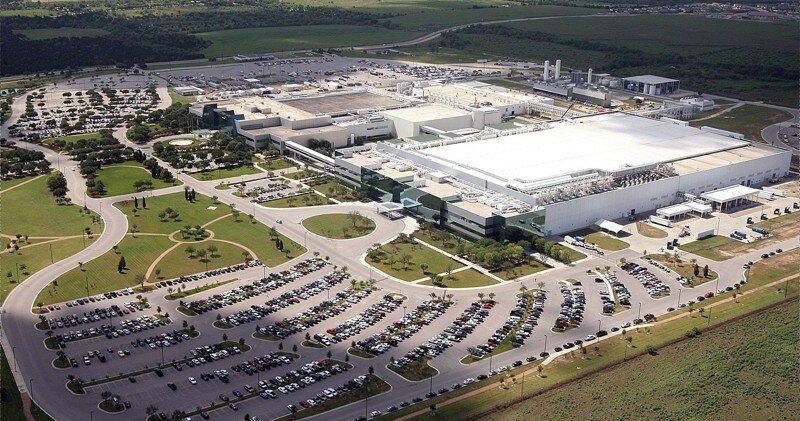
Oregon is planning to consider a new land use law for luring chip companies. Read to know more about the new bill.
All about the land use law on Oregon’s mind:
For five decades, forests and farms around Oregon’s metropolitan centers had protection from the urban sprawl thanks to the statewide law on city boundaries. As per the law, cities cannot expand beyond their borders unless they justify their request. However, Oregon’s legislature could authorize the governor to expand the boundaries as a part of the new land use law aiming to lure chip companies. The measure is going to provide land for factories and $200 million in grants to semiconductor companies.
Both conservationists and farmers are worried about the proposal and its implications. “Oregon is planning to consider a new land use law for luring chip companies. Read to know more about the new bill. And now we’re not so sure. Now it’s up to one decision by the governor. And that’s a scarier place to be,” stated Aaron Nichols, a farmer.
More on the new bill

However, state officials and lawmakers are eager to bring in semiconductor factories to the state. They were stung by chip giant Intel’s move of building a massive chip complex in Ohio due to land use laws. Oregon has a “Silicon Forest,” its version of California’s Silicon Valley, and is the center of semiconductor research and production. The competition rose following Congress passing the CHIPS Act last year with $39 billion for firms expanding or constructing facilities for semiconductor manufacturing.
Under the new land use law, the governor can designate as many as eight cities for the UGB expansion. Two of them can exceed 500 acres. However, appeals larger than that must go to the state’s Supreme Court. The Oregon Farm Bureau representing over 7,000 family farmers in the state believes the effort must focus on lands within the urban boundary. “The conversion of agricultural lands into paved industrial lands is the permanent destruction of our natural and working lands,” stated Lauren Poor. Poor is the Vice President of the bureau. “Once it’s paved, the soil and its ability to sequester carbon, support our food system. And generate income for Oregonians are gone forever,” she added.
